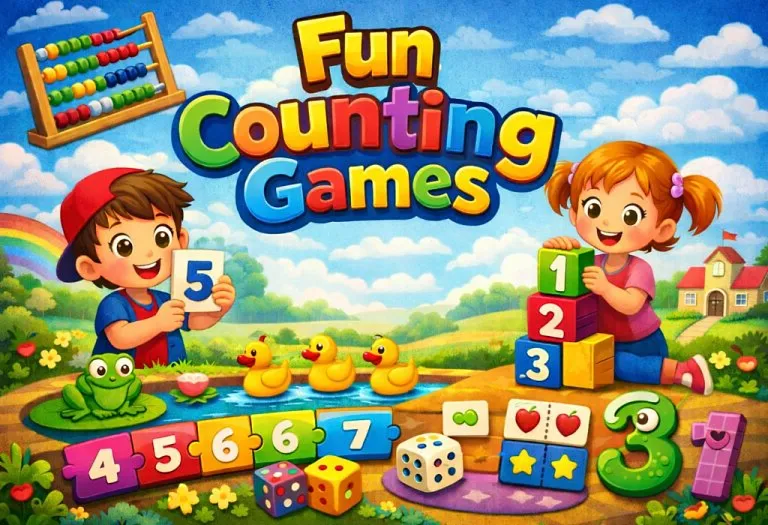10 Negative Effects of Parents Fighting in Front of Children

- 10 Harsh Effects of Parental Fighting on Children
- Effects of Emotionally Abusive Relationships on Kids
- How to Prevent Kids From Getting Affected by the Conflicts?
- FAQs
Partners are bound to have disagreements. While disagreements are inevitable in any relationship, how these conflicts are resolved and the frequency with which they occur can have lasting adverse effects on children. It not only interrupts their joyous childhood but can also leave them with some permanent emotional scars. In fact, in the long run, it is even tantamount to child abuse in certain countries!
Understanding the devastating effects of parents fighting in front of a child is a must if we want to protect the emotional well-being and development of the younger generation. Here’s why you must stop fighting in front of kids – right now!
10 Harsh Effects of Parental Fighting on Children
Many parents think that because children do not have a perspective on adult life and problems, they will not understand that dialogue is a fight or an argument. However, children are more intelligent than we adults realise. Just the way a tiny baby who still cannot utter a word knows when mom is angry and when mom is happy or proud, children learn a lot from the tone, volume, pitch, and facial expressions of two adults engaged in an argument or fight.
Here are some negative effects of parents fighting in front of children.
1. Insecurity
A home is a child’s haven of love and care. Parents fighting in front of kids results in chaos and tension, leaving the child frightened, anxious and helpless (4). This feeling of insecurity can last a lifetime.
2. Guilt and Shame
Children often believe they are the reason for their parents fighting and feel guilty (2). This can be emotionally distressing for them.
3. Low Self Esteem
Insecurity and feelings of guilt and shame can make your little one feel unwanted and unworthy. This, in turn, results in low self-esteem (6), which can be permanent and damaging in his long-term personal and professional relationships.
As explained in this study, children who constantly see their parents arguing have difficulty processing the contradictions they witness: their parents fight but sleep in the same room at night; they do not fight but do not agree on things either (passive-aggressive fights), etc. When left unaddressed, children internalise such conflict and often blame themselves for the situation, resulting in low self-esteem.
4. Stressed About Taking Sides
Children generally want to please both parents, and the pressure to take sides in a conflict can be distressing. They might need to understand the basis of the conflict and take a side which might blow up the conflict to even bigger proportions.
It is important to note here that, a lot of times, this pressure to take sides comes from the parents themselves, which is rather unfortunate. Children should never be made the point of an argument, nor should they ever be pulled into an argument and made to take sides.
5. Sloppy Role Models
We parents are our children’s first, biggest, and most influential role models. Children are like mops—they soak up everything they see us saying or doing. As role models, if we use unhealthy communication in front of children, they will become lousy communicators. This will affect not only their relationships but also those with their peers and later with their colleagues.
6. Poor Academics and Health Issues
A child witnessing parental fights is always preoccupied with fights and arguments. This makes it difficult for him to concentrate on tasks, adversely affecting his academic performance. Such an overworked mind can also lead to physical ailments and chronic illnesses. A review conducted by UCLA of close to 50 research papers concluded that children who grow up in risky homes are more likely to report physical health problems in adult life, such as vascular disorders, immune disorders, etc.
7. Mental and Behavioural Disorders
Fighting and arguments take a mental toll on our minds and leave us feeling drained. This effect is more pronounced in children, as their minds do not have strong coping mechanisms. Children who grow up in volatile environments are known to develop behavioural issues: such children either become volatile and tend to behave recklessly (getting into fights at school, becoming rowdy, etc.) or may withdraw and become extremely introverted, avoiding even normal social contact (1).
In a more severe case, they may develop mental disorders like attention deficit hyperactivity disorder (ADHD), depression, and obsessive-compulsive disorder (OCD). Furthermore, children from unstable homes have also been seen to be more prone to substance abuse as they grow up.
At the root of this tendency to develop mental disorders is the fact that conflict affects brain development in children. According to a study by Alice Schermerhorn, children growing up in disruptive households tend to develop a higher degree of vigilance: they constantly assess their surroundings and prepare themselves for potentially stressful situations. This state of constant alertness takes a toll on the way these children react to and process different emotions.
8. Normalisation of Wrong Deeds
The normalisation of wrong deeds like verbal, physical or emotional abuse is another severe and oft-neglected consequence, especially of parents physically fighting in front of the child. A child growing up in a household where parents always call each other names or one adult gets their way around things might think it is acceptable to do such things all the time. While family members may be more accepting (and at times more indulgent) of this attitude or behaviour, such children have difficulty stepping into the real world.
9. Impacts Other Relationships Too
Children from disruptive households pick up behavioural patterns, attitudes, and approaches to life that become a part of their personality and affect all other relationships they have—not just their relationship with their parents. So, fighting parents may essentially affect friendships, romantic relationships, work relationships, and general social skills at large.
10. Impacts Their Personality
It is not that we parents don’t realise fighting in front of kids is bad, and many of us try to make amends in whatever ways we can think of. However, the effect of these fights is like leaving footprints in clay – there is no undoing once the deed is done. Children who grow up watching their parents fight all the time tend to develop personality traits like bullying, escapism, compulsive behaviour, and inflexibility, which can be very difficult to get along with. This affects not only their personal but also their professional and social lives.
Effects of Emotionally Abusive Relationships on Kids
While physical and sexual abuse get their due attention when they affect any relationship – between two adults or between an adult and a child – emotional abuse often goes neglected, especially in the Indian culture. Older generations may argue that they were more tolerant and could take a joke or a sarcastic comment in their stride and that parents these days are ‘too lenient’ and are too afraid of their children to show them some tough love.
However, tough love and ceaseless negative or sarcastic talk under the garb of ‘humour’ are two very different things. While the former is necessary from time to time, the latter is a form of psychological maltreatment (along with acts of bullying, threatening, severe insults, isolation, etc.) that leaves a deeper impact than we are ready to accept.
- Victims of emotional abuse can develop similar (and sometimes even worse) mental disorders as those of physical abuse.
- Common disorders that plague emotional abuse victims include anxiety, depression, post-traumatic stress disorder (PTSD), suicidal tendencies, etc. (7)
- Psychological maltreatment has the highest association with depression, anxiety, attachment issues and substance abuse (when compared with physical and sexual abuse).
- The lack of ‘physical’, tangible evidence, combined with a taboo that’s not as severe as one associated with physical or sexual abuse, makes diagnosis and treatment of emotional abuse that much more difficult.
So, how is all this connected to parents fighting in front of their kids? As always, children see, children do.
Not only is your fight emotionally draining for your child, but it is also teaching him all the wrong things. And when you make him a passive or an active part of the fight, it is nothing less than emotional abuse.
How to Prevent Kids From Getting Affected by the Conflicts?
While we don’t want our kids to be affected, we can’t avoid conflict forever! What needs to be discussed needs to be discussed. What we can do, however, is minimise the impact of such ‘discussions’ on our children.
In the words of E. Mark Cummings, psychologist and author of Marital Conflict and Children: An Emotional Security Perspective, “Conflict is a normal part of the everyday experience. It’s how the conflict is expressed and resolved, and especially how it makes children feel, that has important consequences for children.” Multiple studies confirmed that nonverbal arguments, cold wars, aggressive fights, and ‘stonewalling’ can sometimes be worse than a fight.
Things to Keep in Mind
So, by all means, have that argument! But do keep the following three things in mind.
- Try to avoid having these talks when your child is present in the house. If you must, get into a different room and keep your voices down. It’s best to wait until your child falls asleep, and while you’re waiting, ensure you keep the conversation normal. Don’t start the Cold War right there and then.
- If your child does witness your fight, also ensure they witness the making-up after the fight! Apologise to each other and hug it out in front of them. While not fighting is ideal, this demonstration will drive home three vital points-
-
- One must always apologise after a fight.
- Fights are never permanent.
- You’re allowed to be mad at each other, but not rude or mean to each other.
- Finally, if things are going so bad between you that you are considering a separation, do not underestimate the power of counselling. You may be hell-bent on leaving each other and not continuing the relationship, and that’s okay. Agreeing to go into counselling is not always about patching up and making things work. While that is the ideal scenario (especially when children are involved), counselling can also benefit you in other ways.
Benefits of Counselling
Here are some of the great things counselling can do to help:
- It will empower you with tools to minimise the damage concerning your child.
- It will enable you to better deal with breaking the news to your child and helping them feel their way through it.
- It will help you better manage your responsibilities as a parent after the separation (e.g., how to avoid becoming competitive with the child, how to avoid poisoning the child’s mind about the other parent, how to help the child get equal time with both parents, etc.). This is especially important in cases of joint custody.
- If you are appealing for sole custody, counselling can help you help your child better cope with the absence of the other parent.
FAQs
1. Can parental fighting affect a child’s mental health?
Yes, parental fighting can have a significant impact on a child’s mental health. It may lead to increased stress, anxiety, depression, and even post-traumatic stress disorder (PTSD) in severe cases.
2. Are there long-term effects of parents fighting for children’s development?
Yes, there can be long-term consequences. Children who are exposed to ongoing parental conflict may struggle with forming healthy relationships, have difficulty regulating their emotions (5), and exhibit behavioural problems both in childhood and later in life.
3. How does witnessing parental conflict affect academic performance?
Children who witness parental conflict may have difficulty concentrating in school and may experience a decline in academic performance. The stress and emotional turmoil caused by parental fighting can interfere with their ability to focus and learn effectively (3).
How do you and your partner resolve conflicts and disputes without creating a scene in front of your tot? Do share your tips! We would love to hear from you.
References/Resources:
1. Rahman. Z, Zaid. R, Israr. M, Din. S, Haider. S; Psychosocial Effect of Parental Conflicts on Youngsters’ Behavior Growth; Journal of Social Sciences Review; https://www.researchgate.net/publication/369668115_Psychosocial_Effect_of_Parental_Conflicts_on_Youngsters’_Behavior_Growth; March 2023
2. Parents may underestimate impact of involving adolescent children in conflicts; The Pennsylvania State University; https://www.psu.edu/news/research/story/parents-may-underestimate-impact-involving-adolescent-children-conflicts/; June 2021
3. Alamoudi. K; Effects of Parents’ Conflicts on Children; International Journal of Scientific & Engineering Research; https://www.ijser.org/researchpaper/Effects-of-Parents-Conflicts-on-Children.pdf; March 2016
4. Brock. R. L, Kochanska. G; Interparental conflict, children’s security with parents, and long-term risk of internalizing problems: A longitudinal study from ages 2 to 10; PubMed Central; https://www.ncbi.nlm.nih.gov/pmc/articles/PMC4580501/
5. Fighting Parents Hurt Children’s Ability to Recognize and Regulate Emotions; New York University; https://www.nyu.edu/about/news-publications/news/2014/september/fighting-parents-hurt-childrens-ability-to-recognize-and-regulate-emotions.html
6. EFFECTS OF PARENTAL CONFLICT ON CHILDREN; BHAVE INSTITUTE OF MENTAL HEALTH; https://bimh.co.in/effects-of-parental-conflict-on-children/
7. Hildreth. A; THE EFFECTS OF EMOTIONAL ABUSE ON CHILDREN: A LIFELONG PROBLEM; ABUSE REFUGE ORG; https://abuserefuge.org/the-effects-of-emotional-abuse-on-chilren-a-lifelong-problem/
Also Read:
Parental Pressure on Kids
Role of Parents in Child Development
Habits That Parents Must Quit for Their Children
Impact of Working Parents on Child Development
Was This Article Helpful?
Parenting is a huge responsibility, for you as a caregiver, but also for us as a parenting content platform. We understand that and take our responsibility of creating credible content seriously. FirstCry Parenting articles are written and published only after extensive research using factually sound references to deliver quality content that is accurate, validated by experts, and completely reliable. To understand how we go about creating content that is credible, read our editorial policy here.







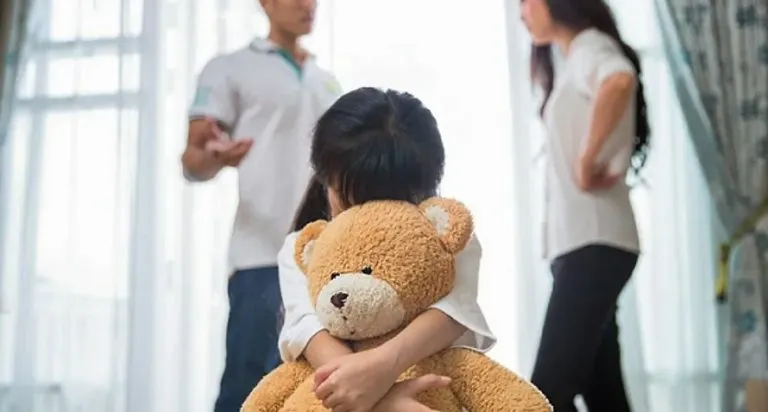
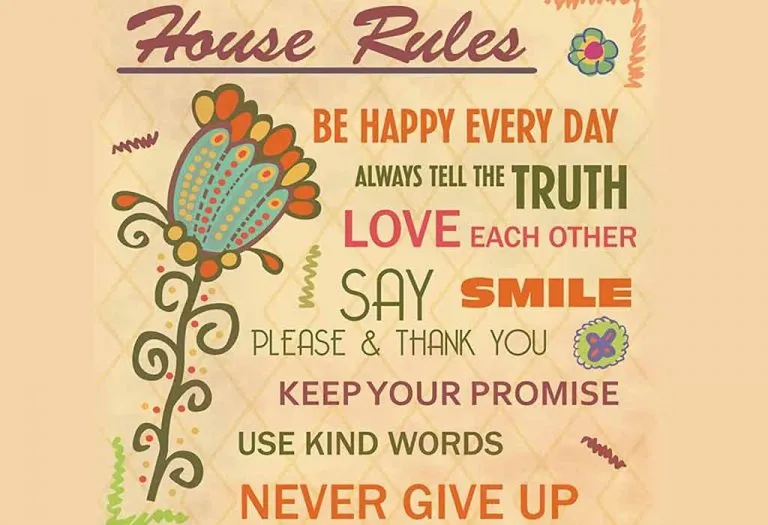
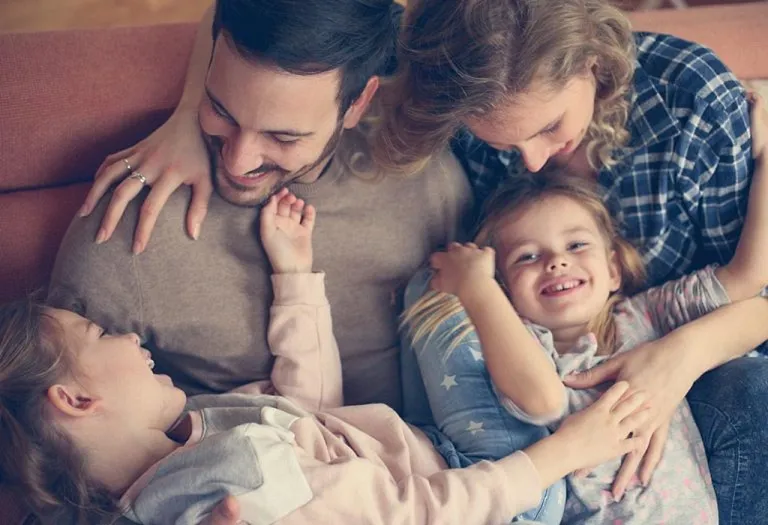
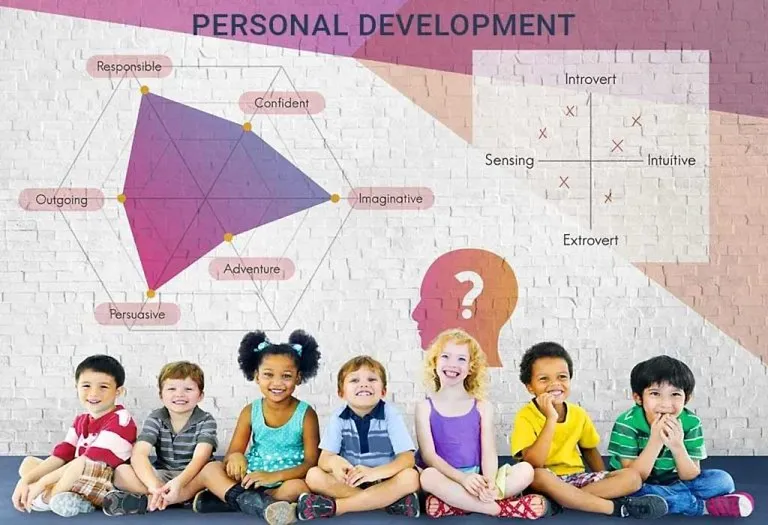
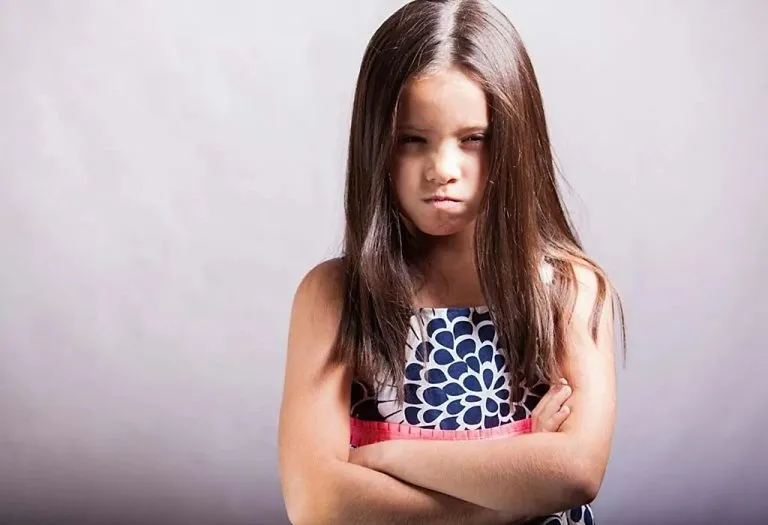
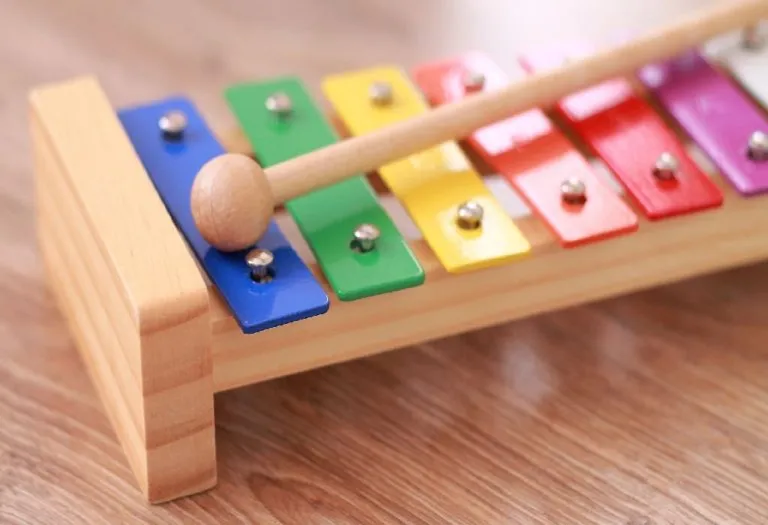
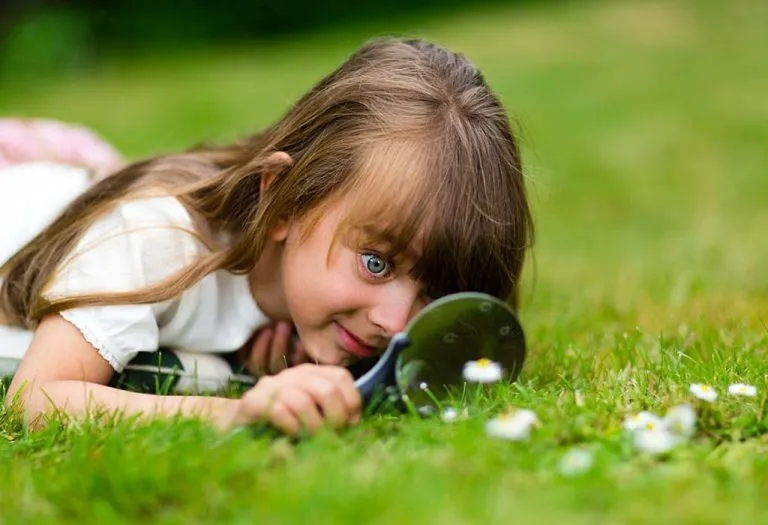

.svg)







